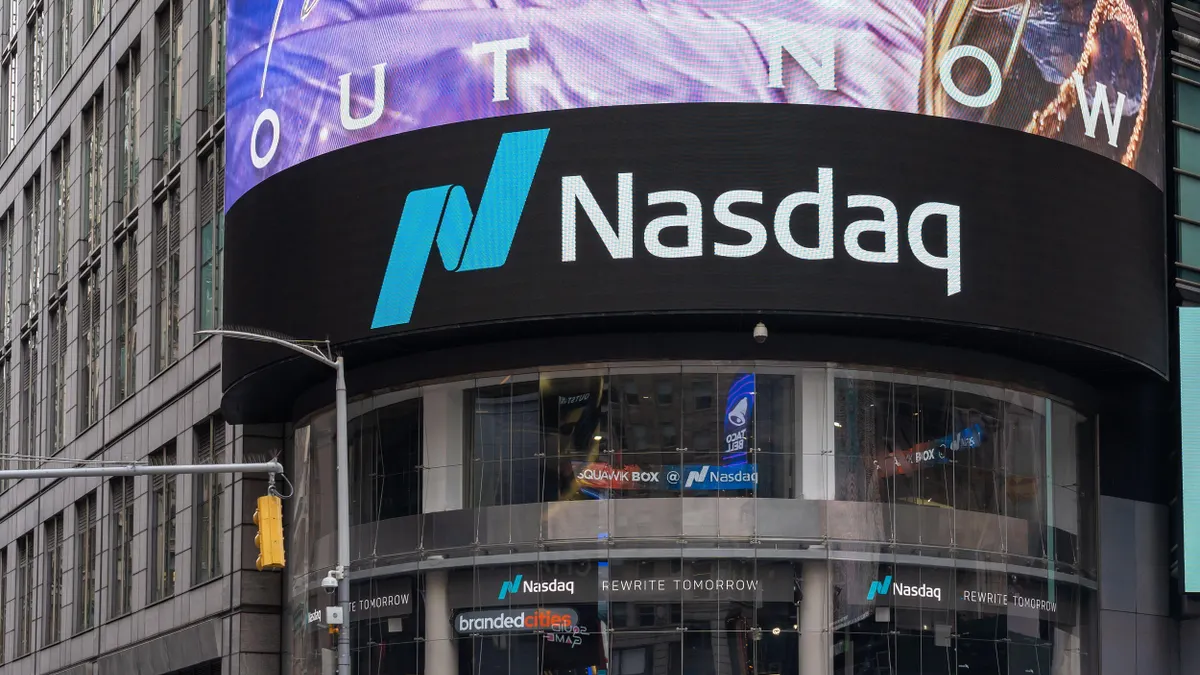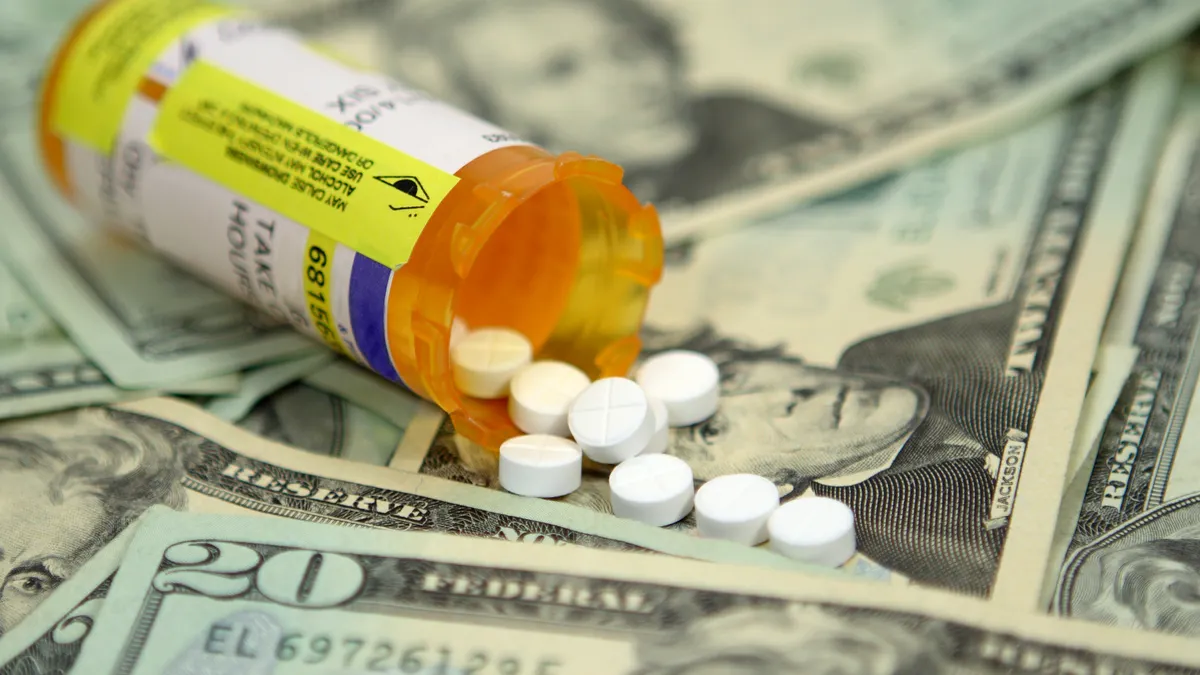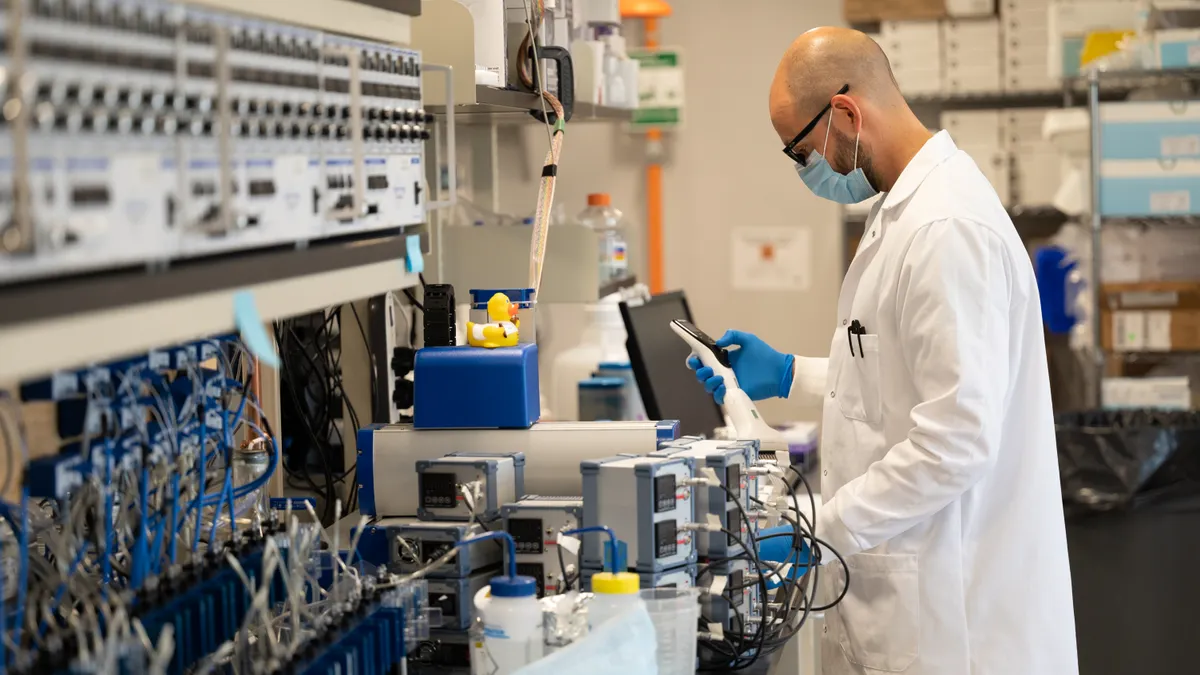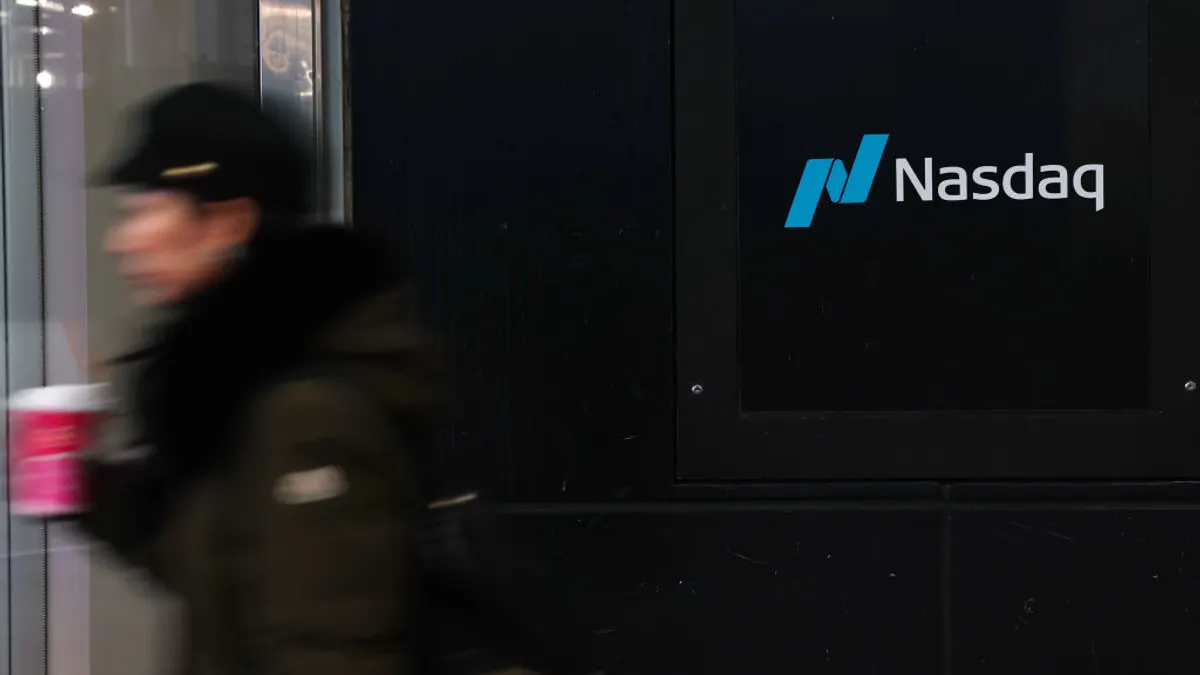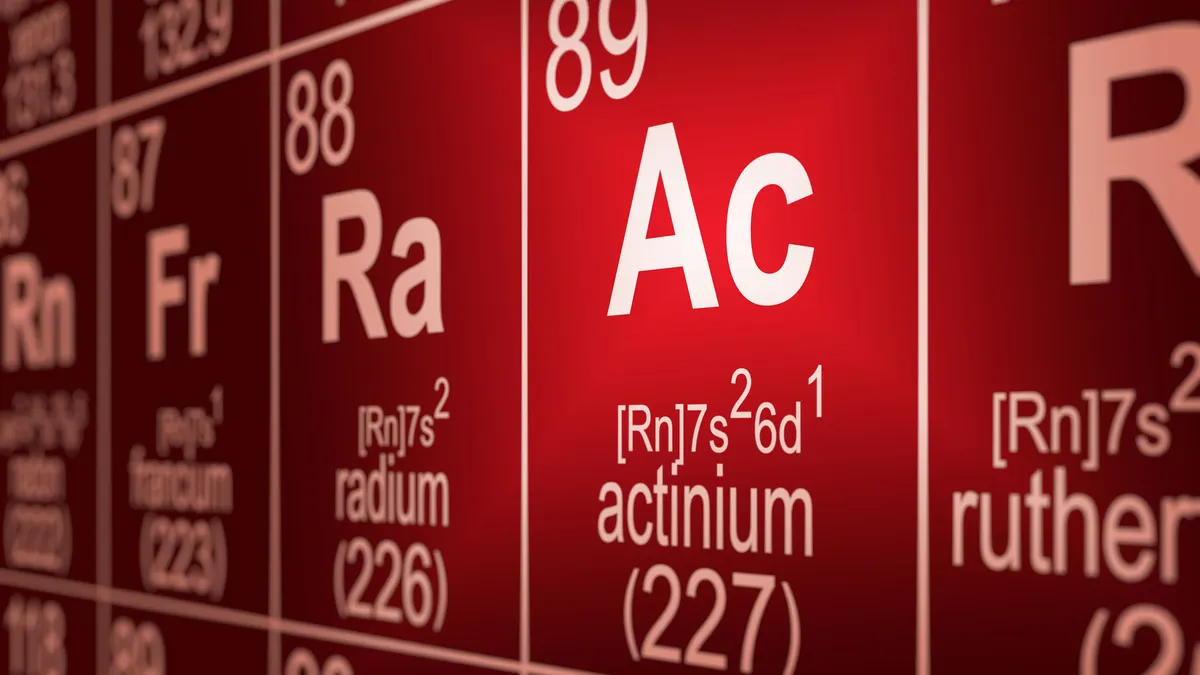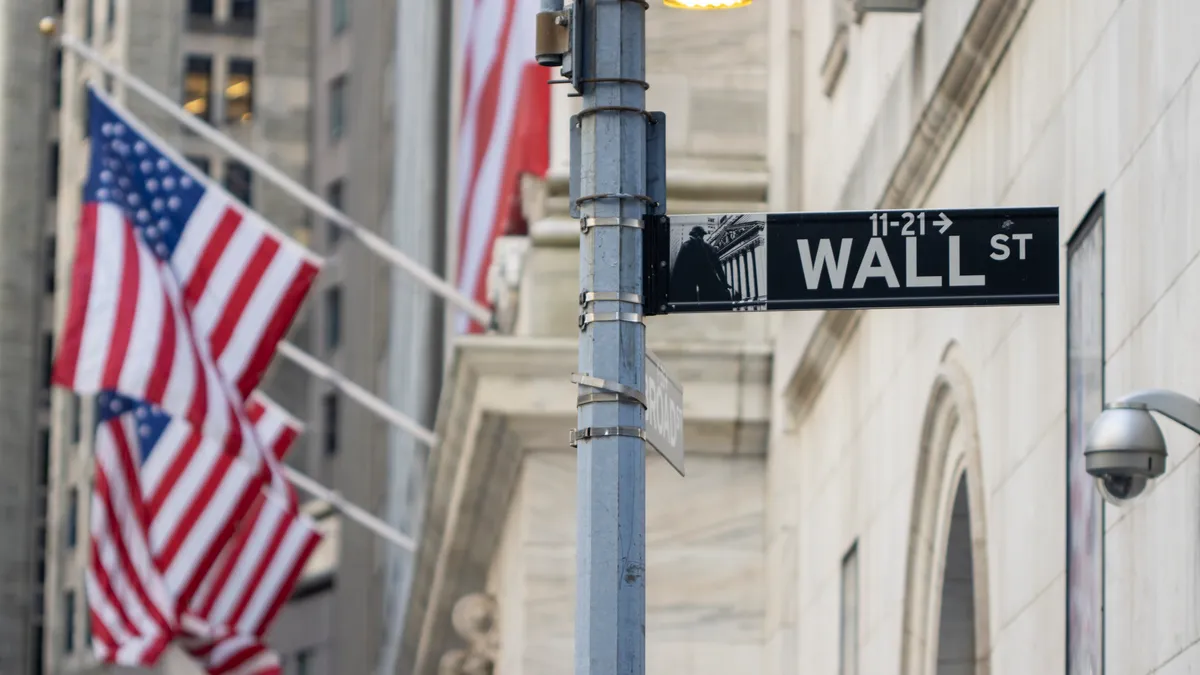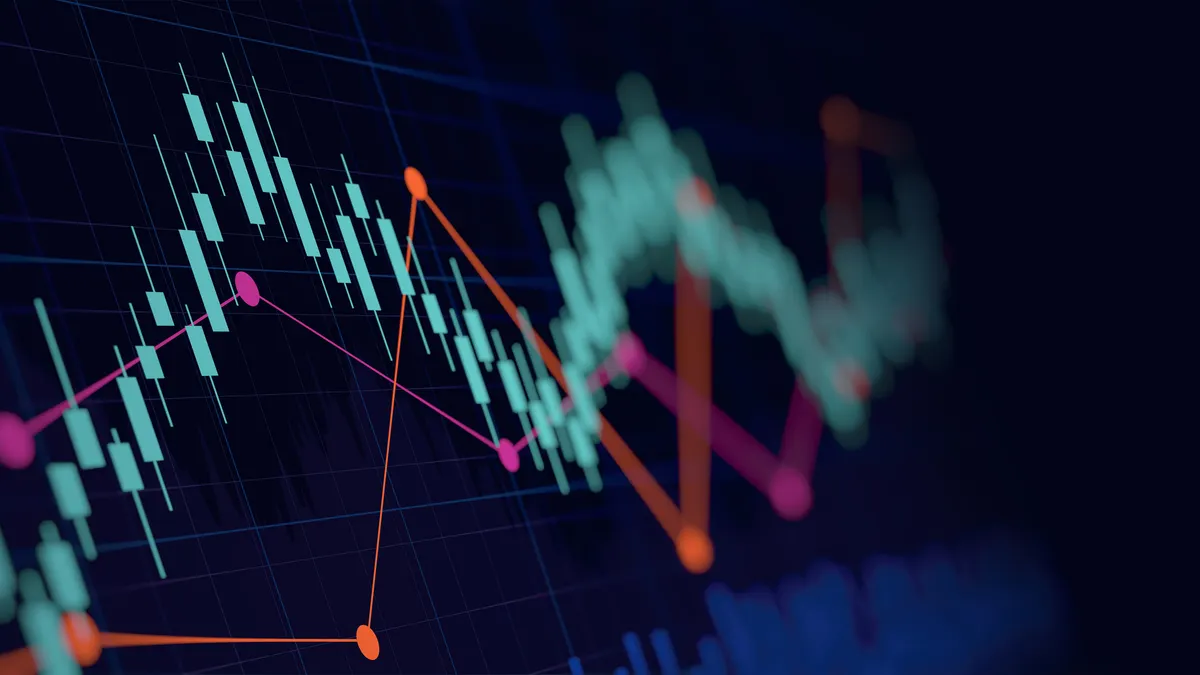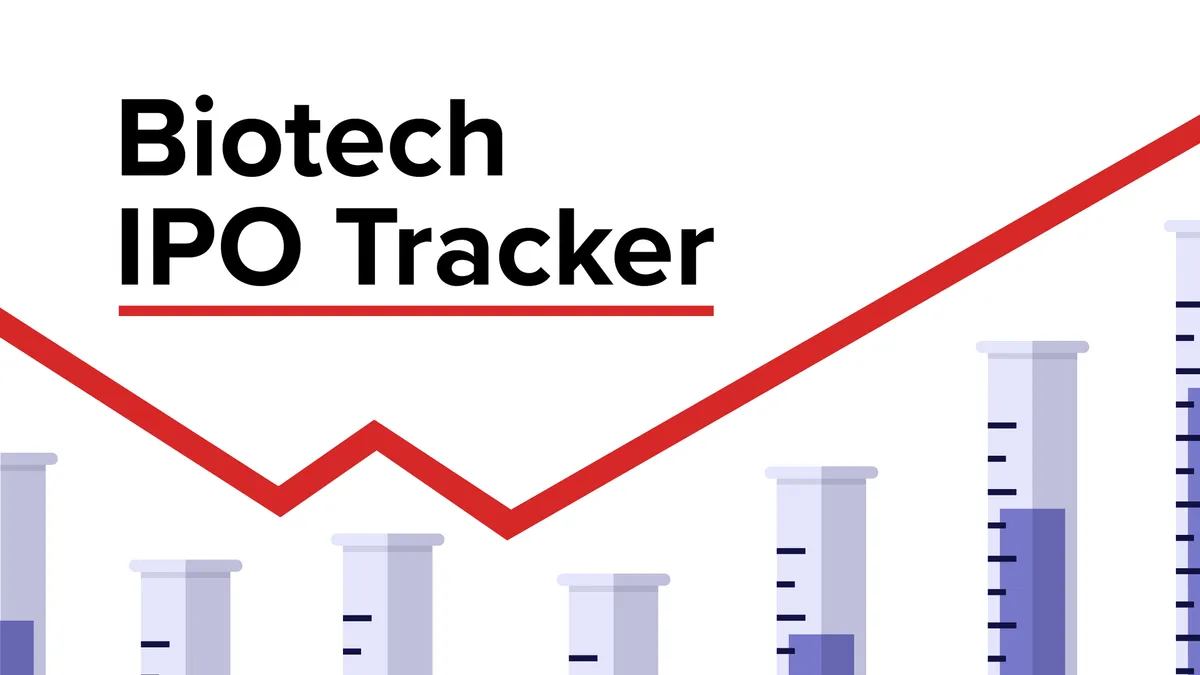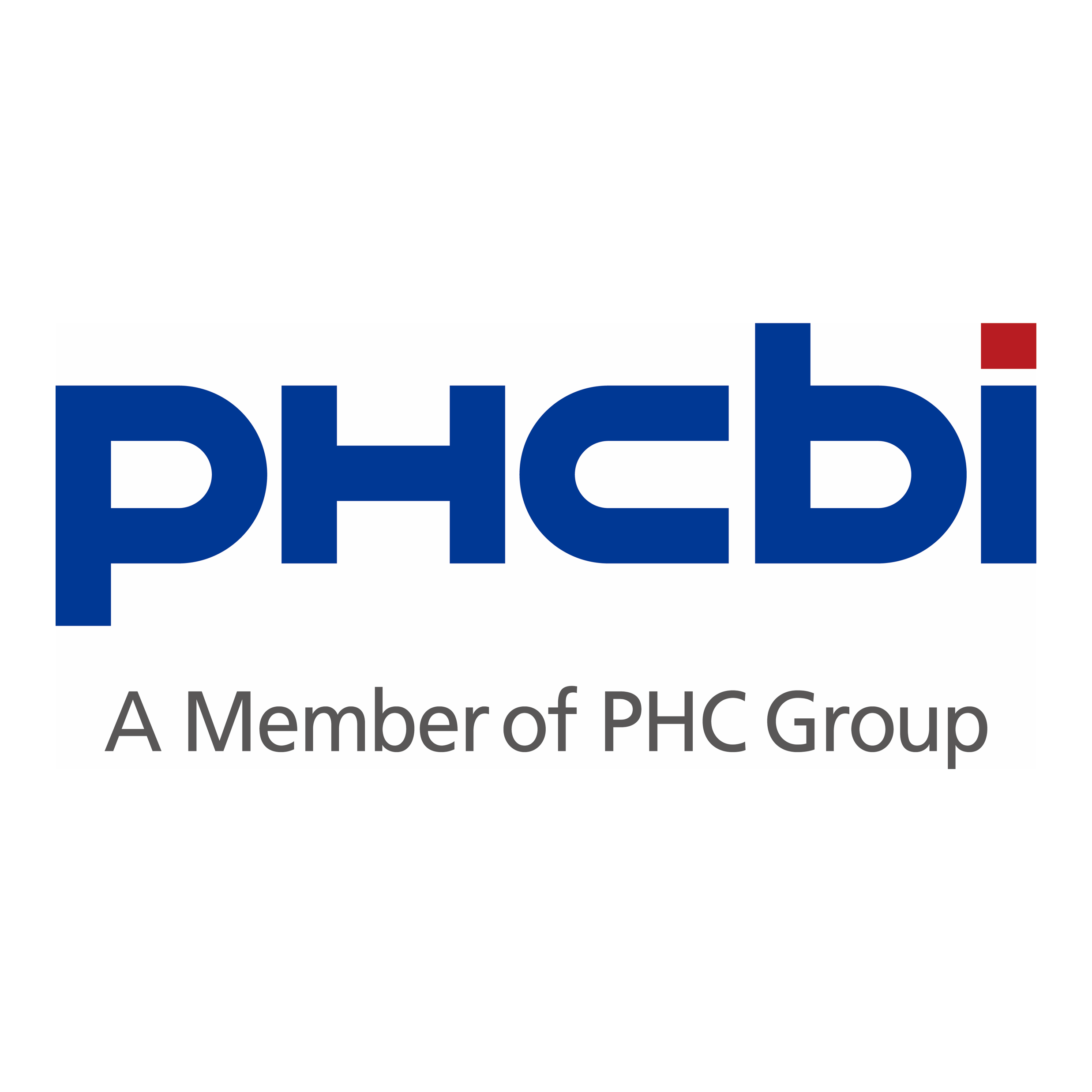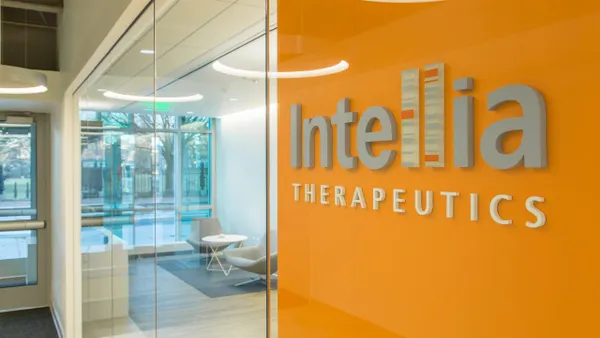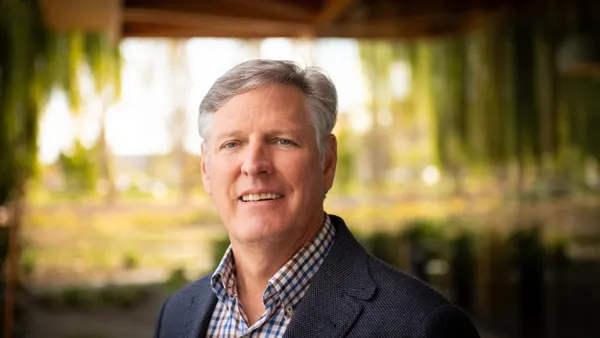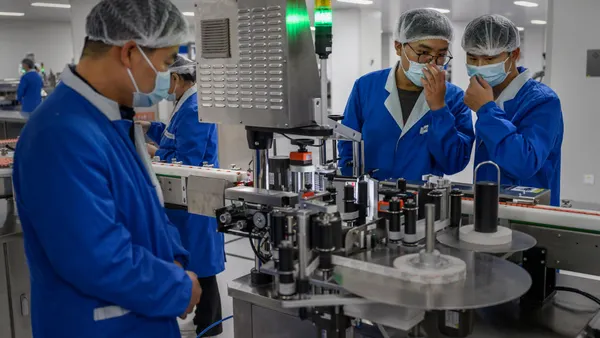LB Pharmaceuticals raised $285 million in an initial public offering on Wednesday, marking the first sizable new stock offering for a young biotechnology company in more than half a year.
The company, which is developing a drug for schizophrenia, priced 19 million shares at $15 apiece, more than it had projected in a regulatory filing earlier this week. It will start trading on Nasdaq under the ticker symbol “LBRX” on Thursday.
LB’s offering is the year’s biggest so far and breaks an extended drought for large biotech IPOs. Though a trio of companies have priced small offerings over the last several months, the last IPO exceeding $25 million was Aardvark Therapeutics’ $94 million offering in February, according to BioPharma Dive data. A July report from the investment bank William Blair noted that the dry spell was the longest of its kind in the last 15 years — a funding standstill catalyzed by economic and regulatory uncertainty.
With the proceeds, LB aims to advance an oral drug called LB-102 that completed mid-stage testing earlier this year. LB-102 is a derivative of amisulpride, an antipsychotic medicine that’s marketed by Sanofi as Solian and approved in more than 50 countries. In its IPO prospectus, LB claimed its drug is designed to address amisulpride’s limitations with a “differentiated therapeutic profile” and, if approved, has a chance to become a “mainstay of psychiatric practice.”
Phase 2 data presented at a medical meeting earlier this year showed patients with acute schizophrenia and treated with LB-102 improved, compared to placebo recipients, on a widely used scale measuring symptom severity. The company expects to start a Phase 3 trial in people with schizophrenia, as well as a mid-stage study in bipolar depression, in the first quarter of 2026.
LB is also developing an injectable form of LB-102 it believes may improve compliance among patients with schizophrenia and bipolar disorder.
Prior to its IPO, LB raised more than $120 million in private financing, most of which came via a $75 million Series C round that issued shares between August 2023 and January 2024. But the company had less than $15 million in cash and cash equivalents at the end of June, according to its prospectus.
Large pharmaceutical companies have made multiple notable acquisition bets on neuropsychiatric medicines over the past two years, among them Bristol Myers Squibb’s $14 billion purchase of Karuna Therapeutics and AbbVie’s $9 billion acquisition of Cerevel Therapeutics.
But the field remains a risky investment. While Cobenfy, the drug at the center of Karuna deal, was approved for schizophrenia, it failed a study that could’ve broadened its use. Emraclidine, the focus of AbbVie’s buyout of Cerevel, fell short in a pair of critical trials as well.



